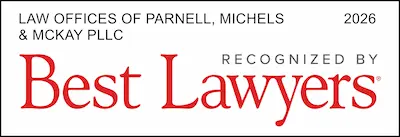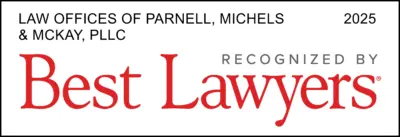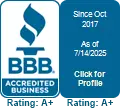Probate Law in NH – An Overview~4 min read
This article discusses the basics of probate procedures in New Hampshire. We will try to provide a broad overview of the process of probating an estate. You also can get a good overview of the process from the court’s perspective by going to the court’s website, www.courts.nh.gov/our-courts/circuit-court/probate-division. You will find a lot of “how-to” materials including checklists, forms, and a handbook on administering estates. In fact, the court’s online information may be all one needs for handling small and uncomplicated estates. However, as stated in the handbook, the information available “is not a substitute for legal advice”. Accordingly, should you find yourself in the position as the executor or administer of even a small uncomplicated estate, you should give serious consideration to meeting with a lawyer to review the various issues and your options. A simple session or two can help you avoid making potentially serious mistakes. Conveniently, all probate matters are now part of the e-filing system, which is designed to make filing with the Court easier.
At the heart of probate administrative procedure is the concept of “fiduciary duty”. It is the standard by which the executor/administrator’s performance judged. In fact, you will often see administrators/executors referred to as fiduciaries. A fiduciary duty is the highest standard of care imposed at law. A fiduciary is required to be extremely loyal to the estate and may not put their personal interests before their duty to the estate. Any deviation may result in the executor/administrator being personally responsible for any loss sustained by the estate. This is why a corporate surety fiduciary bond is most often required as part of the process of getting things started. A fiduciary bond protects the estate should there be any deviation from the fiduciary standard. The standard applies to all actions taken to administer the estate by the executor/administrator who must ensure that the estate is managed and distributed in accordance with the law. While an attorney is not required to probate an estate, involving a lawyer minimizes the likelihood of inadvertent deviation from the fiduciary standard.
The process of probating an estate is simple and complicated at the same time. It is simple in the sense that the personnel at the probate court have done an excellent job of providing materials and instructions on the court’s website. It is complicated because to probate an estate one has to know, understand, and be able to apply the law in preparing forms. For example, what happens when a surviving child is not mentioned in a will? Can he/she inherit anyway? What about a surviving spouse that is not mentioned? Or an unmarried life partner? The administrator/executor must be able to answer questions such as these to fill out one of the forms required to open an estate and in doing so is required to meet the fiduciary standard. Having a lawyer involved makes the process of accurately completing the forms much easier
All assets need to be identified and an inventory is provided to the Probate Court within a specific time frame of getting the Certificate of Appointment. In preparing this inventory for the court, one has to distinguish between probate assets and non-probate assets. This is often not as simple as one might think. For example, depending on the deed, a home may be a probate asset or a non-probate asset. Depending on the beneficiary, a life insurance policy may be probate on non-probate assets. Bank accounts and retirement plans also may or may not be probate assets. Even the family cars may or may not be includable as probate assets. Again, having the assistance of an attorney during this phase can make the process easier and much less stressful.
What else happens during the process of probating an estate is dependent on a number of different things. If there are no other outstanding issues, a Waiver of Administration may be appropriate as soon as six months after the Certificate of Appointment is issued. If 12 months have passed after the Certificate of Appointment was issued, an executor/administrator’s accounting will need to be submitted. There may be other rules that need to be followed in other scenarios that have not been discussed in this note. All and all the process can be quite overwhelming, particularly given the fiduciary obligation discussed in an earlier column. Using a law office to assist in the process will relieve that pressure.
At Parnell, Michels & McKay we have many years of experience in handling probate matters and will knowingly, intelligently, and with empathy guide you through the process. Contact us if you need assistance.
Our firm blends advocacy oriented practice with effective practical solutions for all our clients in Londonderry, N. Woodstock, and throughout New Hampshire. The attorneys at Parnell, Michels & McKay provide effective representation and counseling to assist our clients facing legal questions. We simplify the process so our clients can understand and are able to participate as partners in the resolution.
Our practice includes personal injury law such as motor vehicle accidents, falls, dog bites, workers compensation, social security disability, and other injuries.
We also practice family law, including divorce, post-divorce, unwed custody and property division, and collaborative divorce, and have extensive experience in bankruptcy, probate, boundary disputes, estate planning, corporate formation and other real estate litigation.















